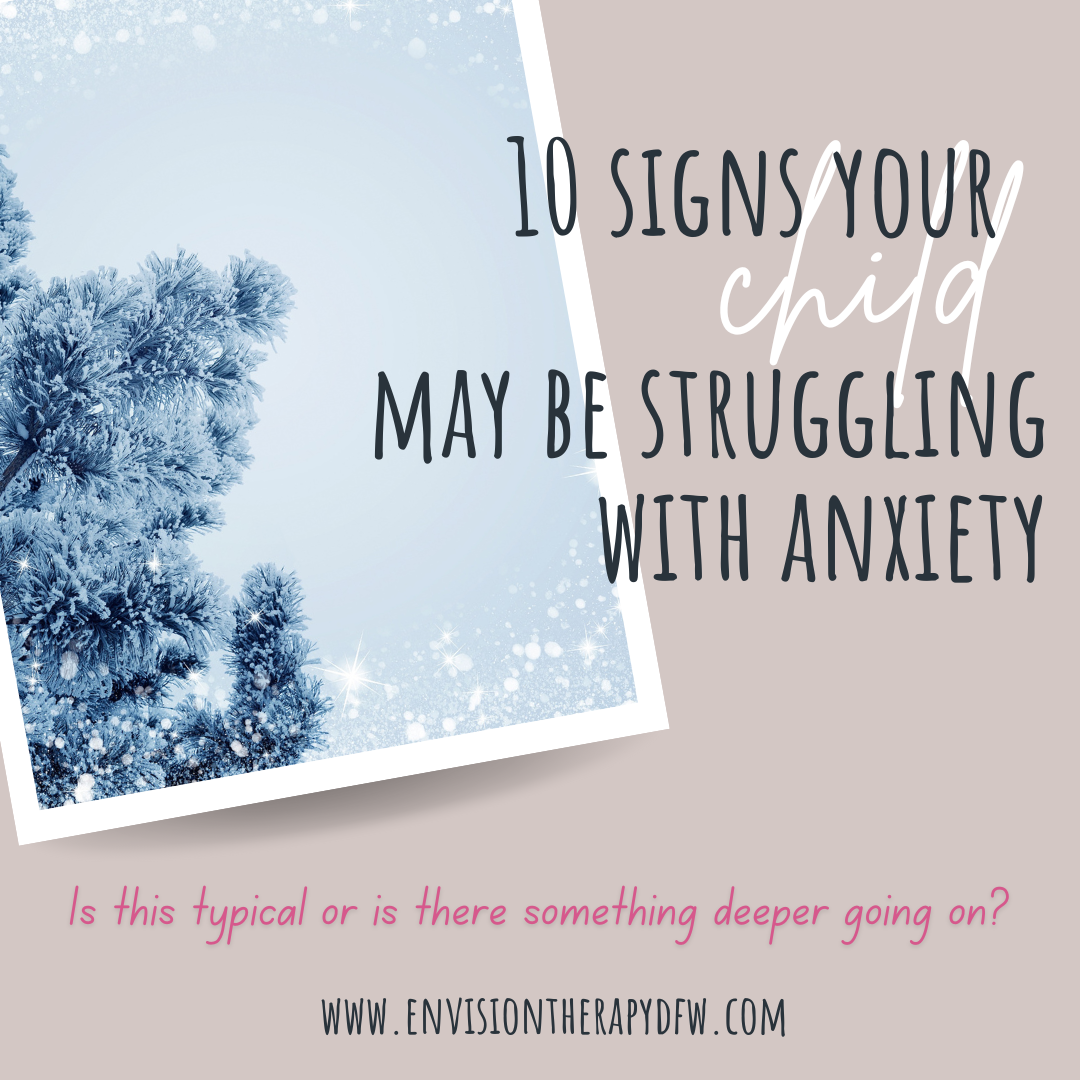-

Your Parents Didn’t Break You, They Handed You the Hammer and Taught You How to Do It Yourself
•
Have you ever felt stuck in cycles of self-doubt or people-pleasing? These survival tools, often learned in childhood, might be holding you back. This blog explores how these patterns form, why they persist, and how to replace them with self-compassion and boundaries. Reach out today to begin your healing journey with one of our…
-
Why Are Young Adults Moving Back Home? The Truth About Boomerang Kids and Extended Adolescence
•
The boomerang kid phenomenon is more common than ever, with nearly one in three young adults living at home. This trend isn’t a sign of failure — it reflects economic realities, mental health struggles, and shifting societal norms. Many parents feel conflicted when their child returns home, but this transition can be navigated successfully…
-
The Impact of Anxiety on Extended Adolescence: Why Young Adults Feel Stuck and How to Help
•
Anxiety can significantly impact a young adult’s ability to transition into independence. It often shows up as procrastination, indecision, and avoidance, keeping them stuck in extended adolescence. In this article, we’ll explore the hidden signs of anxiety in young adults, including fear of failure, perfectionism, and emotional dysregulation. For parents, this guide offers practical…
-
How Trauma Impacts Extended Adolescence: Understanding the Connection and How to Heal
•
Unresolved trauma can significantly impact a young adult’s ability to transition into independence. It can cause emotional dysregulation, fear of failure, and avoidance of responsibility, all of which contribute to extended adolescence. In this article, we explore the hidden link between trauma and delayed adulthood. For parents, it offers practical advice on how to…
-
How Parents Can Help Young Adults Transition to Independence Without Pushing Them Away
•
Struggling with a young adult who hasn’t hit traditional life milestones yet? You’re not alone. Extended adolescence is a growing trend where young people take longer to transition into adulthood due to financial barriers, mental health challenges, and fear of failure. This article offers practical tips for parents to help their child move toward…
-
Why Are Young Adults Taking Longer to Grow Up?
•
Why are young adults taking longer to grow up? It’s not about laziness — it’s about extended adolescence, a phase where young people delay traditional milestones like moving out, starting a career, or becoming financially independent. In this article, we’ll break down the three major reasons for extended adolescence: brain development, economic realities, and…
-

10 Signs Your Child May Be Struggling with Anxiety
•
Childhood anxiety often hides in plain sight, showing up as stomach aches, trouble sleeping, or sudden meltdowns. As a parent, it’s natural to feel unsure about whether these behaviors are part of growing up or signs of something deeper. This blog will help you recognize 10 key signs of childhood anxiety, address common misconceptions…
-

10 Signs Your Teen Is Uncomfortable and How to Help During the Holidays
•
Family holidays are a time of joy but can also bring moments of discomfort, especially for teens. As parents, it’s crucial to know how to spot when your child is uneasy around someone, even if they don’t say a word. From avoiding eye contact to restless movements, these signs can be subtle yet telling.…
-

Talking to Your Teen About Financial Stress During the Holidays
•
The holiday season can bring financial stress, especially when teens expect abundance without understanding the budgeting behind it. This blog offers parents ways to discuss holiday financial pressures with their teens in a supportive, practical way. By talking about budgeting, encouraging thoughtful gift-giving, and fostering gratitude, you can help your teen develop a healthier…
